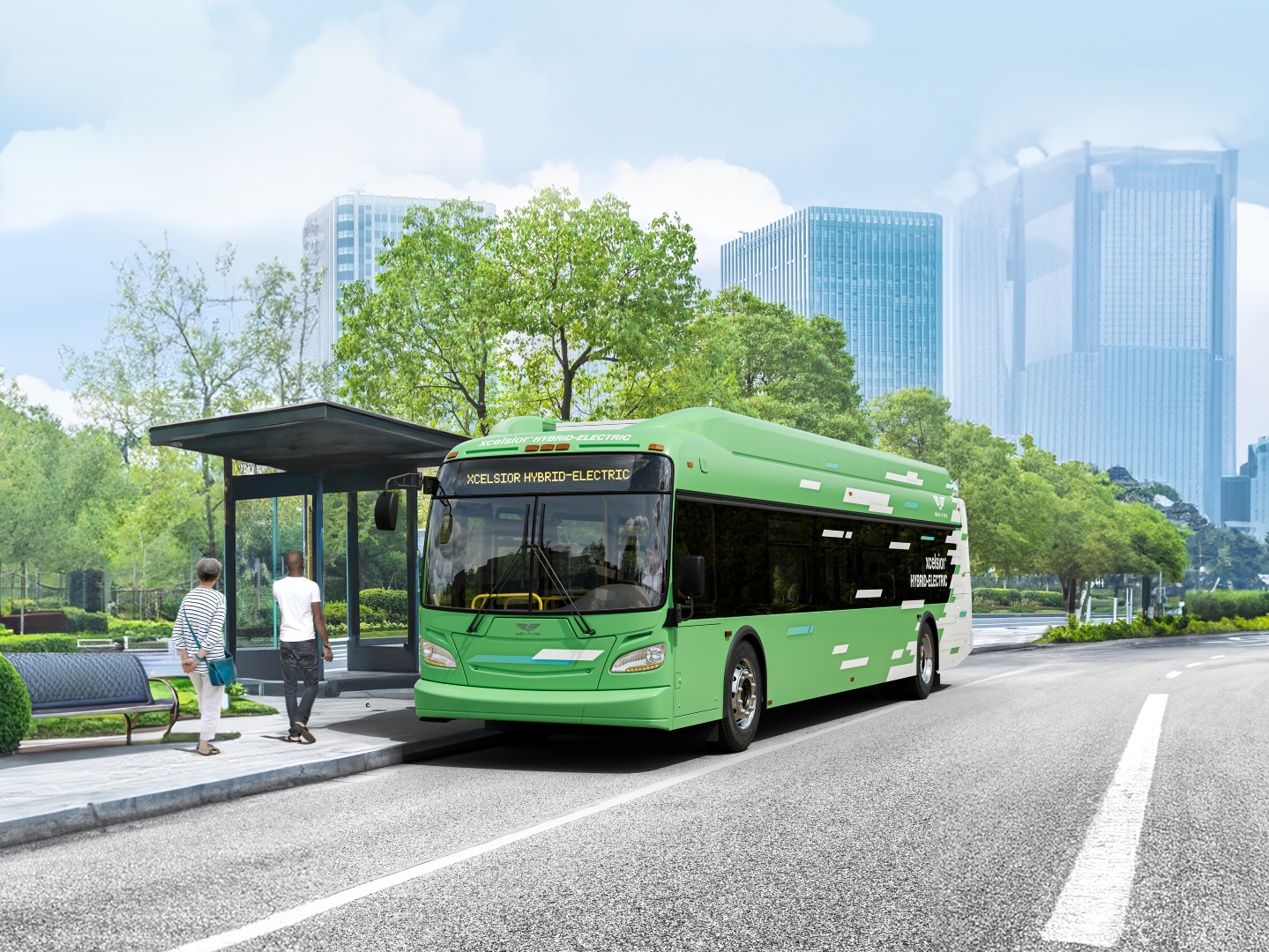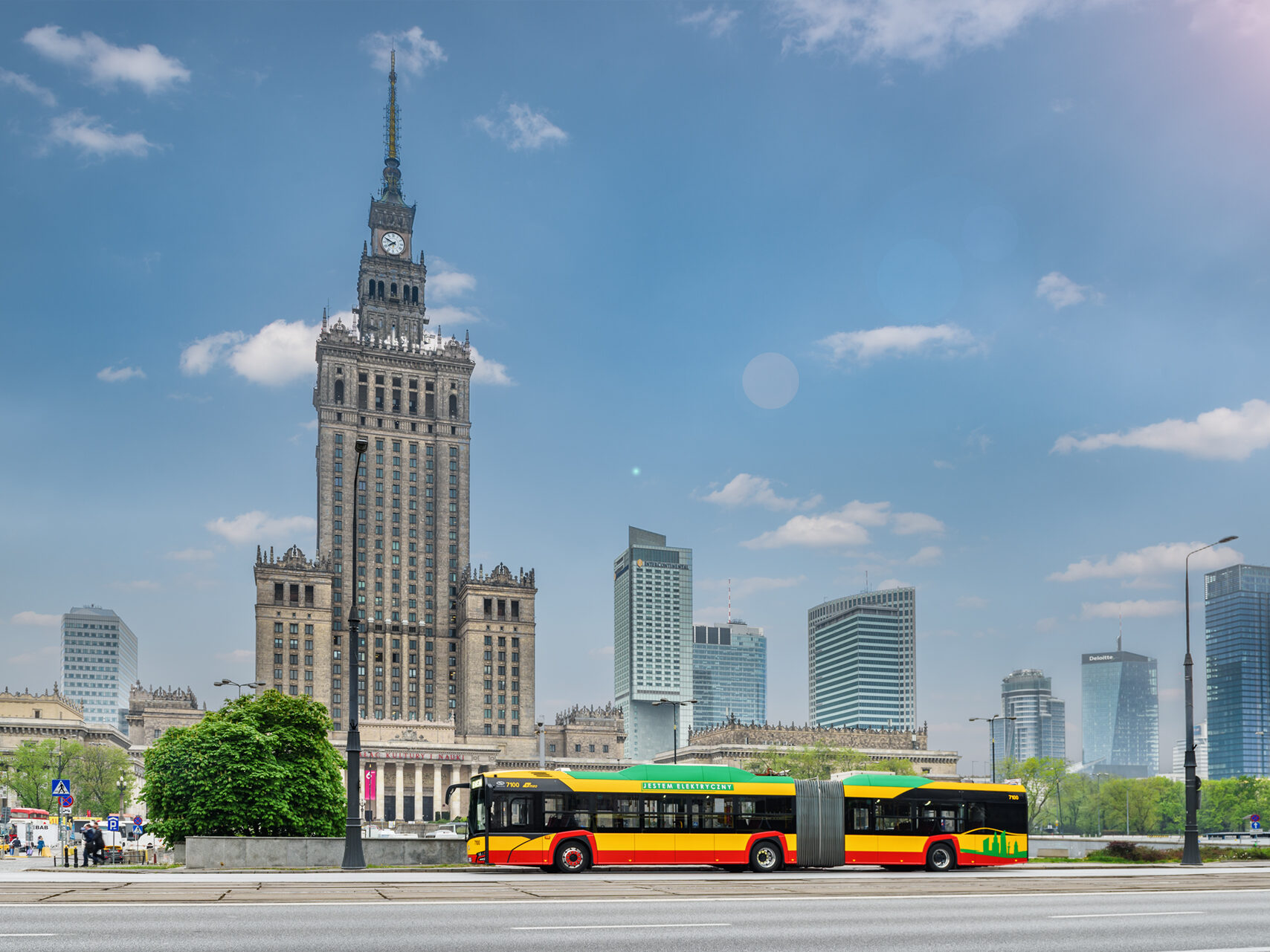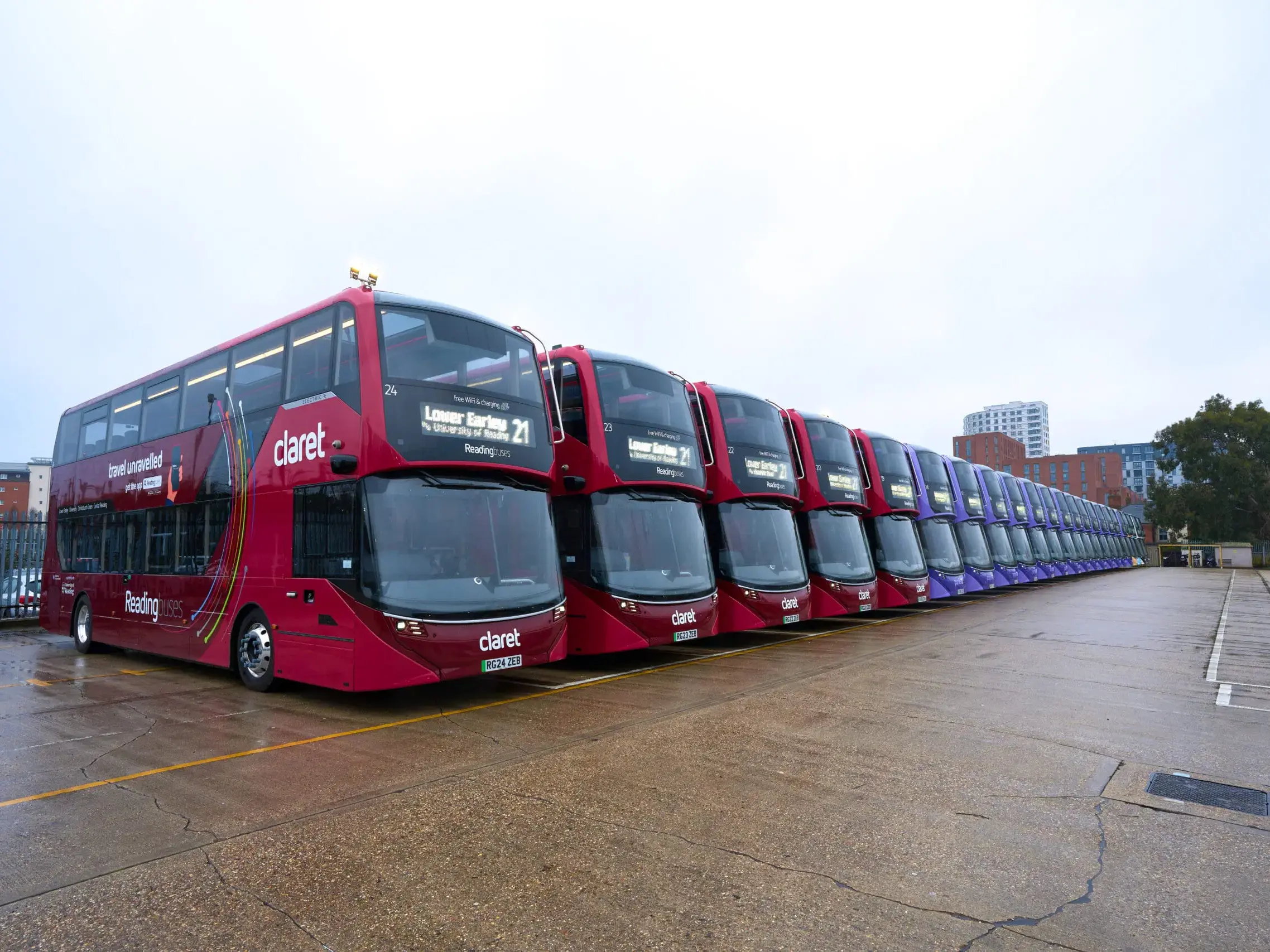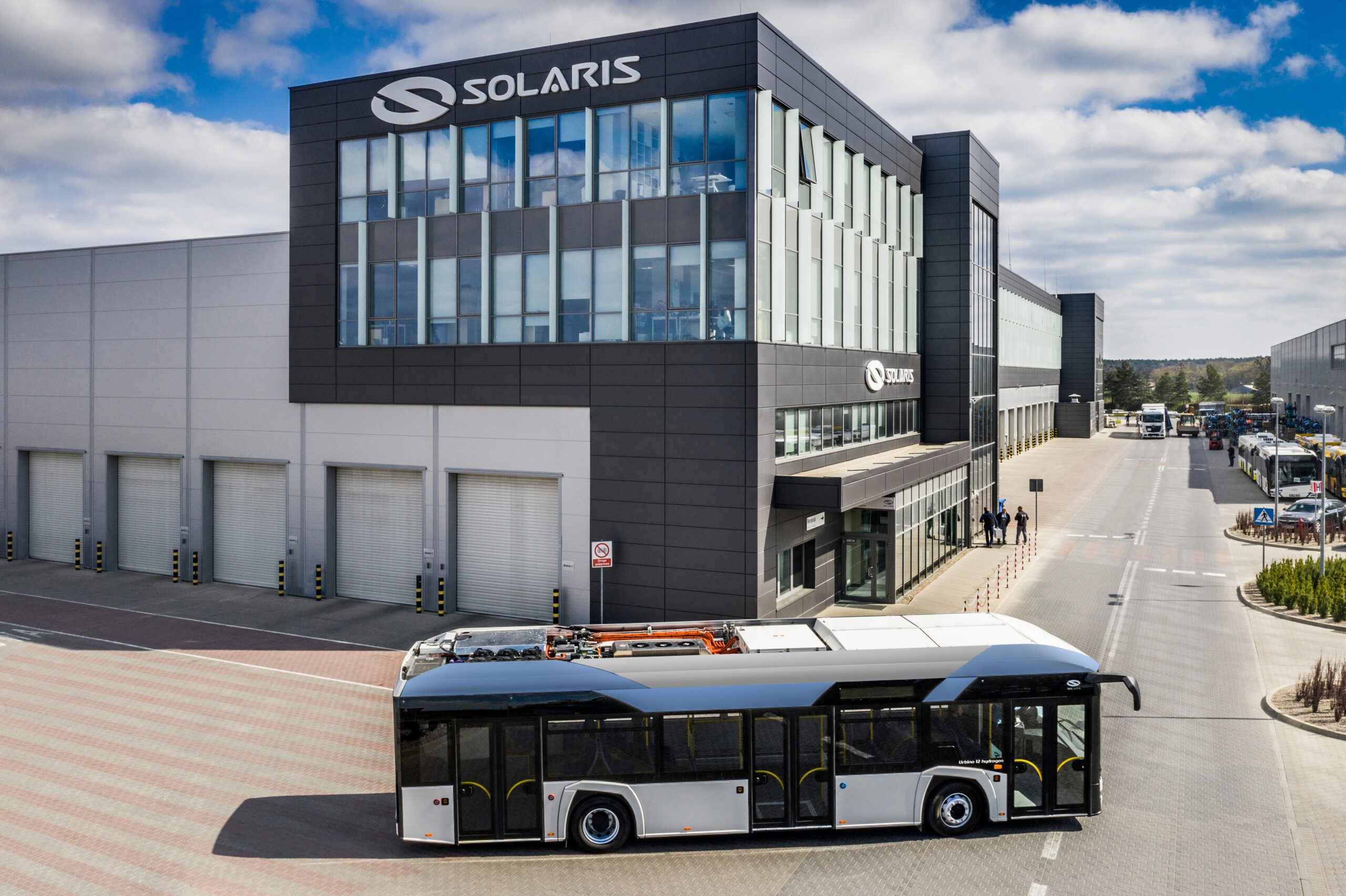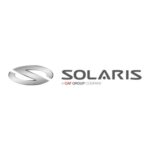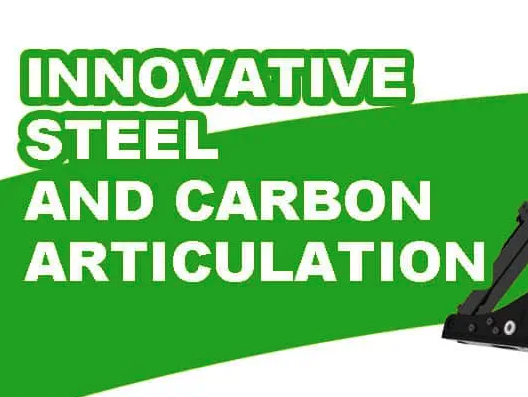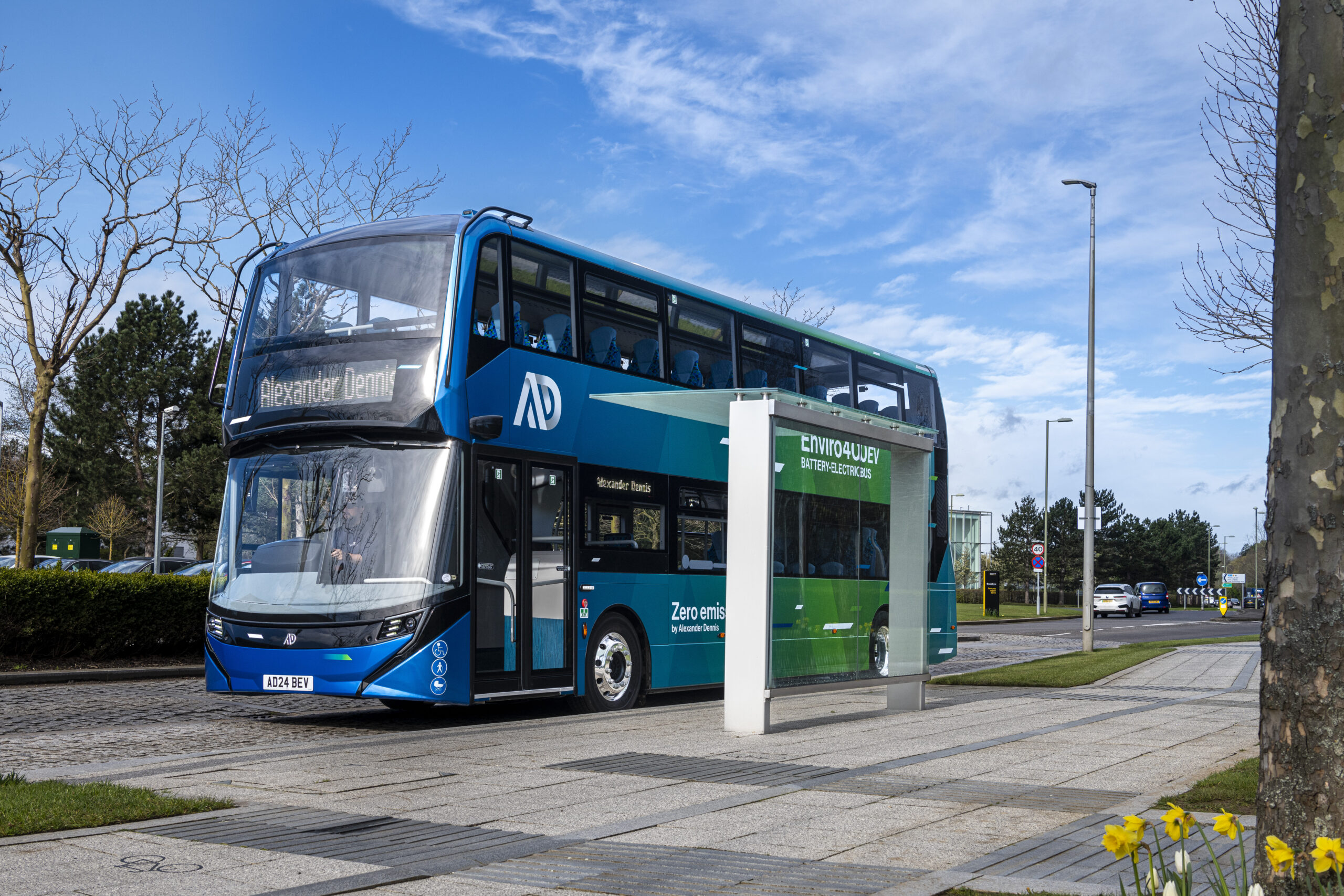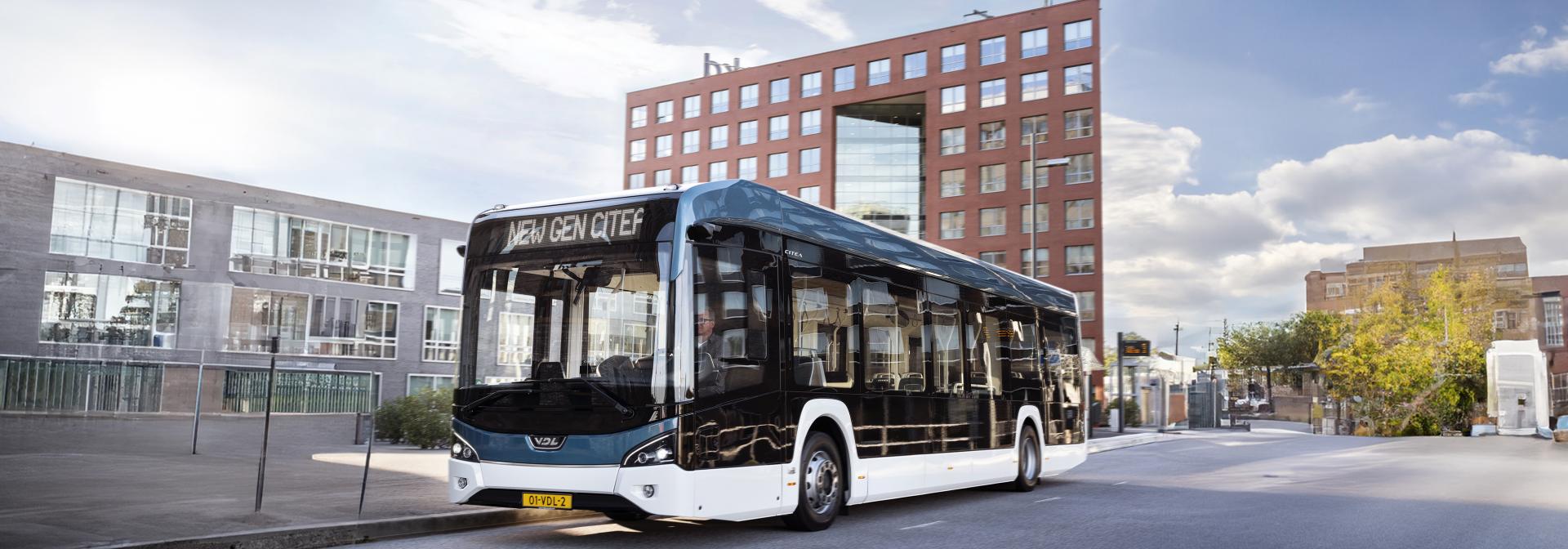King County Metro has stated it will begin exploring the possibility of adding up to four hydrogen fuel cell powered buses to its ever-expanding vehicle fleet.
The pilot project will see the company assess the performance of the hydrogen vehicles before committing to a purchase of the set of zero-emission buses, with a potential implementation of early 2026.
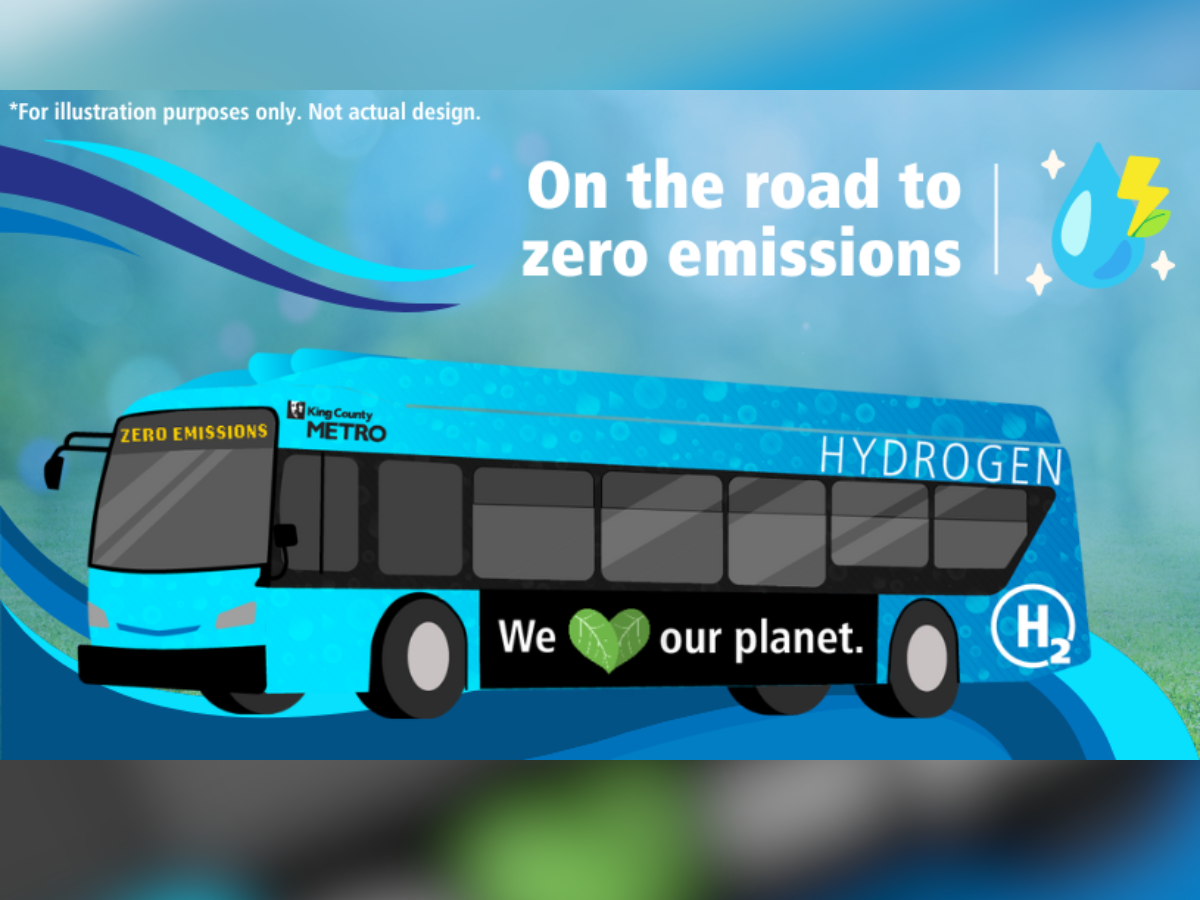
If purchased, the buses will be added to Metro’s fleet alongside its existing set of battery-electric and trolley buses.
King County Metro General Manager Michelle Allison said:While still delivering everyday, high-quality service to our riders, we’re also leading the way to a zero-emissions future.
We’re partnering with public entities across our region, encouraging private contractors to develop technologies, and learning and sharing each step of the way.
The first public transit agency in North America to integrate diesel-hybrid vehicles into its fleet in 2004; Metro introduced an initial forty battery-electric buses into service 20 years later, with a further 89 GILLIG vehicles scheduled to be delivered in 2026.
Over the years, Metro’s extensive vehicle research has been used to inform a slew of other transit agencies and private contractors, with the company gaining recognition as North America’s most equitable climate change-tackling agency by the FAA in 2022.











